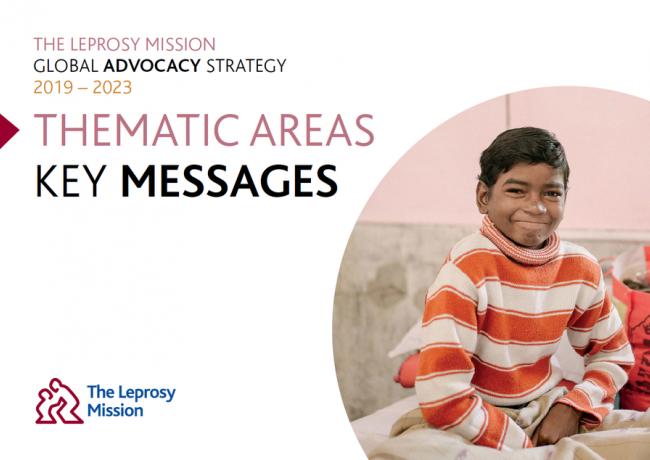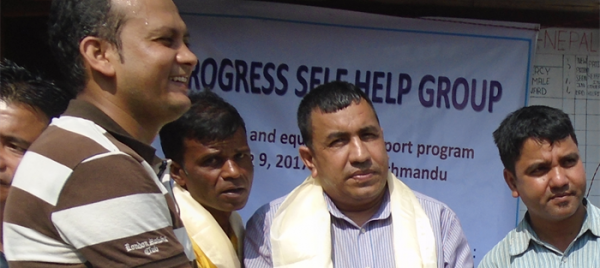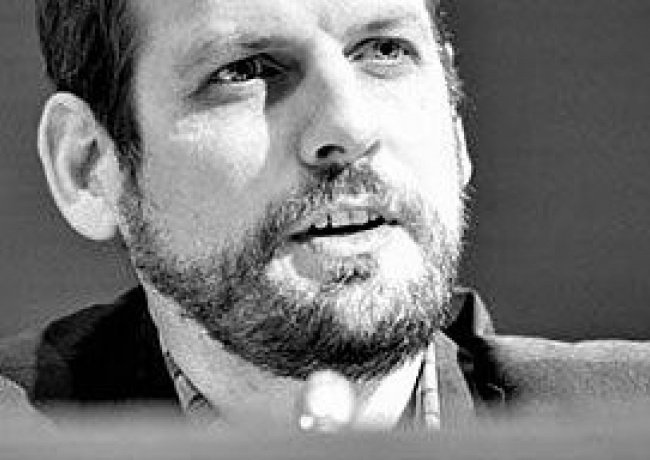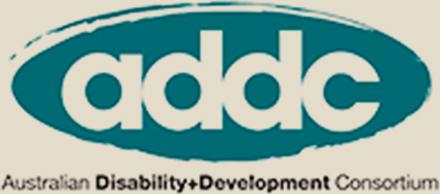Our Advocacy Work
What We Do
People affected by leprosy too often face horrible stigma and discrimination. These attitudes stem from prejudiced laws and practices, superstitions, religious beliefs, and poor attitudes towards physical disfigurement. Our advocacy work is committed to changing that reality.
By 2015, the target of eliminating leprosy as a public health problem had been achieved in almost all countries. Once this target was achieved, governments reduced their resource allocation for leprosy control programmes.
Leprosy is chronically underfunded and neglected by governments all over the world.
More than 200,000 new cases reported every year and an unknown number of unreported cases. In order to reach zero leprosy, the government in each country needs to own their own zero leprosy roadmap.
We know that we won't defeat leprosy by working on our own. Partnerships is vital to our aim of a world without leprosy and a world without leprosy-related discrimination. This is why we work with international, national, and local governments.
Our advocacy work is informed by our key messages
These key messages are focused on how advocacy and partnership can lead us to a world with zero leprosy transmission and towards zero leprosy disability and zero leprosy discrimination.

Key areas of our advocacy work

Our work with the United NationsWe work with the CRPD, Special Rapporteurs, and the Human Rights Council. Mainstreaming leprosy rights within the wider disability rights movements is a key part of our advocacy work. |
|
Our Human Rights WorkHuman Rights are repeatedly stolen from persons affected by leprosy. We tackle that wherever we can. |
Changes we’d like to see
Across our advocacy work we are seeking to bring about the kind of systemic change that will be truly transformative for persons affected by leprosy. Here's a quick look at some of our key goals:
- Governments in endemic countries demonstrate commitment to zero leprosy by increasing the resources they put into leprosy.
- Integration of leprosy services within general health systems so that new cases of leprosy are detected earlier and treated sooner.
- Universal access at all levels to health services and rehabilitation services, including mental health services, for persons affected by leprosy, especially women and children
- An end to leprosy stigma and greater inclusion of persons affected by leprosy
- Leprosy discriminatory laws repealed and persons affected by leprosy having equal access to political rights, economic equality and social justice
Mathias Duck
Mathias is The Leprosy Mission 's Global Advocacy Manager and is a person affected by leprosy.





